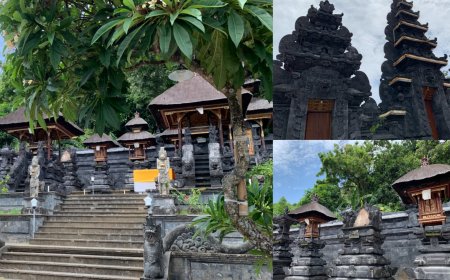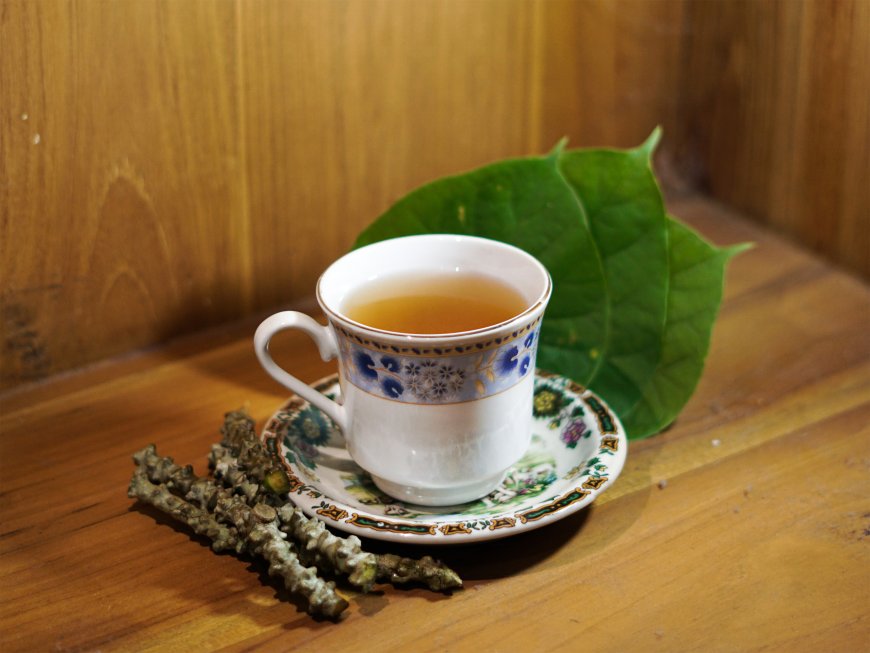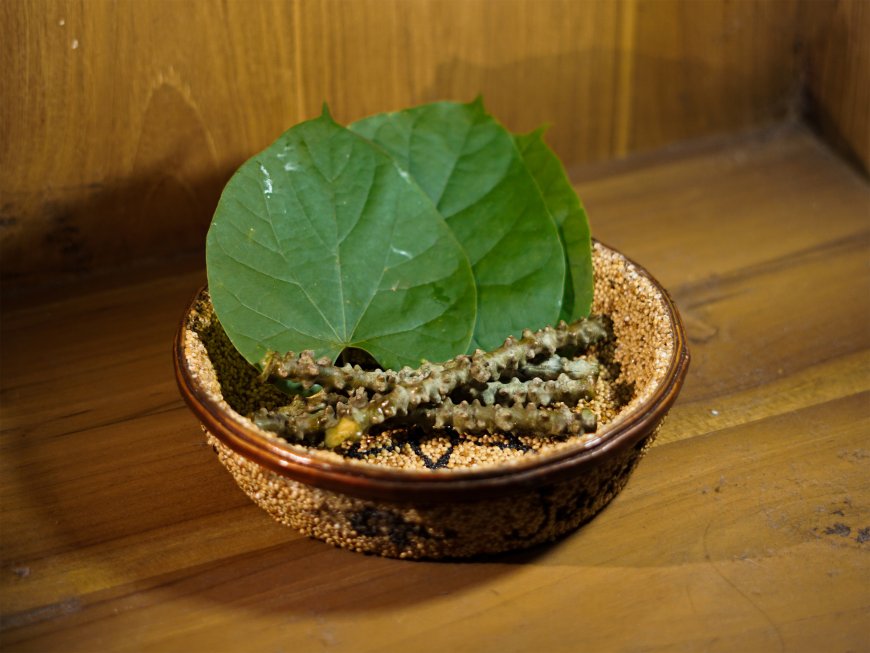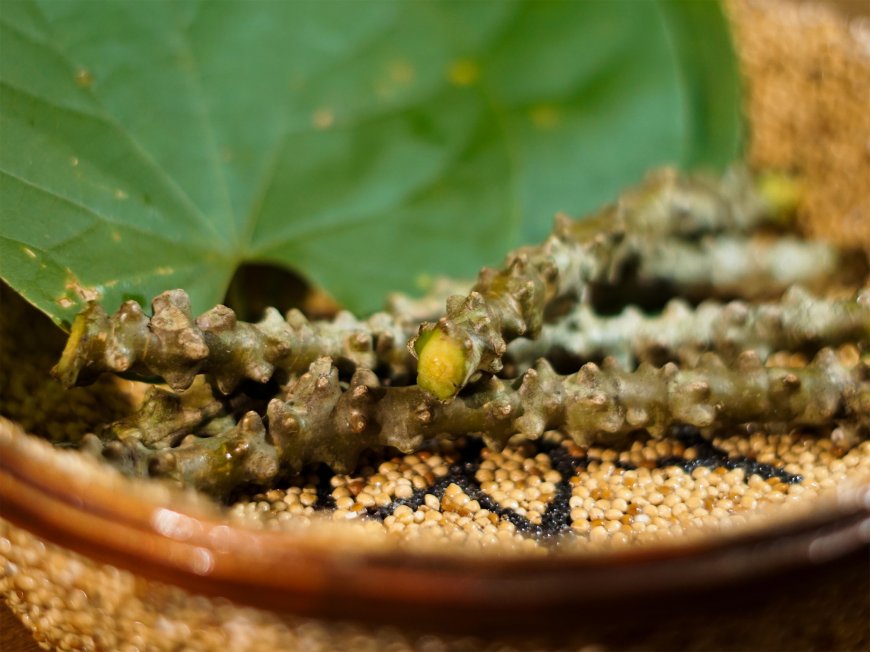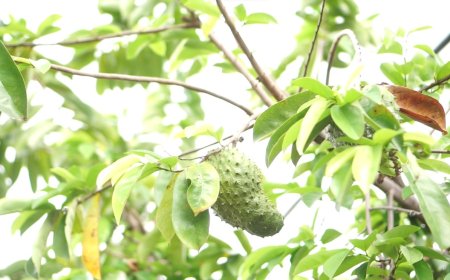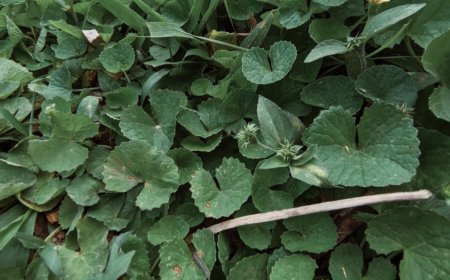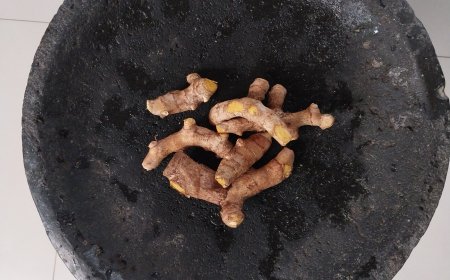Antawali: Healing Vines from the Island of the Gods
Antawali is a traditional Balinese plant that plays an important role in Usadha Tiwang, especially in overcoming Tiwang Jangat disease. With its unique nutritional content and healing properties, Antawali is used not only for human health, but also for animals and plants. This article discusses the benefits, characteristics, and how to use Antawali as a simple herbal herb at home. Traditional Balinese wisdom remains relevant in maintaining holistic health amidst the glitter of modernity.
Bali, often referred to as the Island of the Gods, not only offers stunning visual charm, but also becomes an area where culture and tradition become an inseparable part of people's daily lives. Amidst the glitter of modernity, Balinese people sincerely value and take seriously the heritage of traditional values. This is not only reflected in traditional ceremonies and art, but also in important aspects such as medicine. Balinese healing culture is not just a practice, but a heritage that is held in high esteem, closely embedded in the way of life of the community.
Balinese spices became an integral part of everyday life, used for medicine and rituals. Before the era of modern medicine, the knowledge of traditional medicine known as Usadha, served as the vanguard in maintaining the health of the Balinese people. Although modernity has penetrated Bali, traditional medicine still has its place with its unique advantages, able to survive in the midst of the rapid development of modern medicine.
Usadha is not only intended for humans, but is also applied in medicine for animals and plants. Hundreds of usadha are contained in ejections, covering various types, such as rice field usadha for plants, sato usadha, horse usadha, axial usadha for animals, and dalem usadha, tantri usadha, tiwang usadha and others for humans. The types of diseases that can be treated include two aspects, namely sekala (real) and niskala (unreal).
One form of Usadha that is interesting to explore is Usadha Tiwang. Tiwang is a condition characterized by weakened body sensations, stabbing pain, anxiety, heaviness in the eyes, stiffness in the muscles, even to the point of causing loss of consciousness. In Usadha Tiwang, we will see how traditional Balinese knowledge provides handling to overcome health conditions through the use of vines called Antawali.
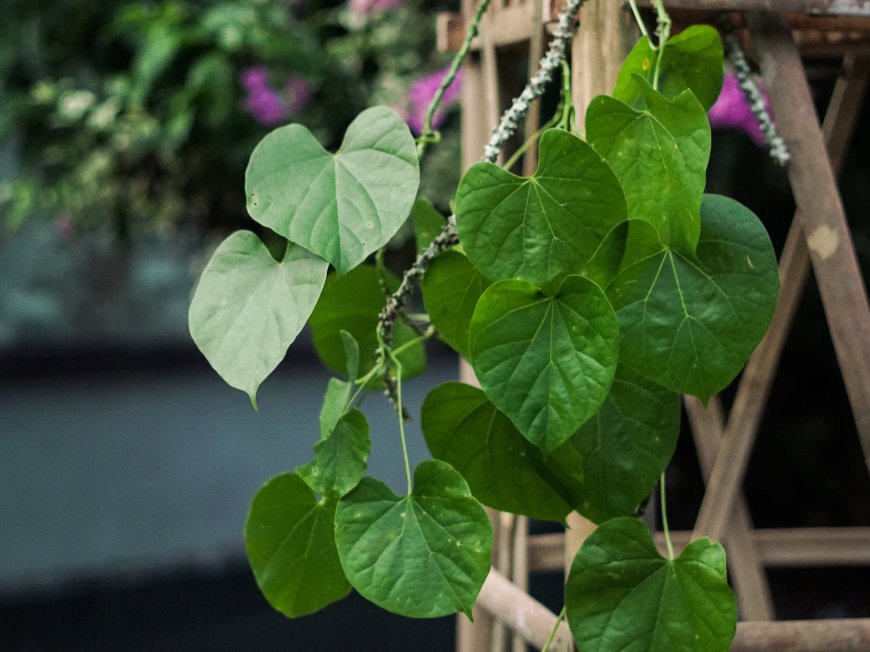
Antawali Plant Vines (Photo Source: Author's Collection)
Antawali or Brotowali (Tinospora cordifolia) is a vine-shaped plant that is in the spotlight thanks to its potential as a source of traditional medicine. The uniqueness of this plant can be recognized by its heart-shaped leaves and stems decorated with small protrusions. The part that is most often used as a medicinal herb is the stem, which is processed into a decoction with a characteristic bitter taste. The decoction has many benefits, such as relieving rheumatic symptoms, lowering blood sugar, increasing immunity by lowering heat, and helping to reduce diabetes symptoms. In addition, people in ancient times used Antawali to stop the habit of breastfeeding in children who were still addicted to their mothers.
This plant, which is often known as Antawali or Brotowali, in Indonesia also acquired a local identity with a number of regional names such as Andawali, Putrawali, or Daun Gadel. In its classification, this plant belongs to the plant family Menispermaceae. This plant likes an environment with high temperatures, in the form of climbing shrubs, with stem height reaching 2.5 meters. The trunk which is about the size of a little finger has tight nodules that give it a bitter taste, similar to betel. The single leaf of this plant, pedunculate, has a heart-like or slightly rounded egg-like shape with a pointed tip, 7–12 cm long, and 5–10 cm wide. Although the flowers are small and light green in color, Antawali can also be propagated by the cuttings method.
In Usadha Tiwang, Tiwang Jangat disease is described with symptoms such as a full stomach, crushed body, and difficulty urinating. Traditional treatment to overcome this condition involves a mixture of natural medicinal ingredients consisting of Sembung Rambat (Tournefortia sarmentosa Lam.), Antawali (Tinospora crispa), Pijer, Fennel Onion (Eleutherine palmifolia), and Bras (Oryza sativa). Antawali, which is one of the main components, contributes greatly in healing Tiwang Jangat. The treatment process is carried out by spreading a mixture of these plants upstream of the heart, relying on the healing properties contained in Antawali to relieve symptoms of a broken stomach, restore the strength of the body that feels crushed, and overcome difficulty urinating. This approach shows traditional Balinese wisdom in harnessing the medicinal potential of nature, especially the role played by Antawali in overcoming Tiwang Jangat naturally and humanely.
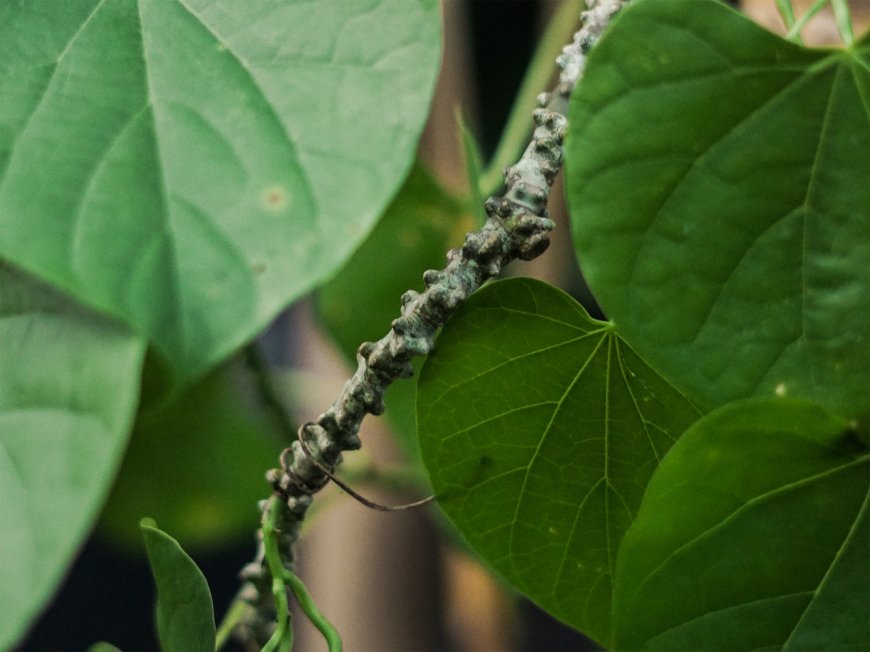
Antawali Plant Steams (Photo Source: Author's Collection)
Antawali provides a number of significant health benefits. With its nutritional content and various substances, this plant has been known for a long time in traditional medicine as described in Lontar Usadha Tiwang. One of its main benefits is its ability to lower blood sugar levels, making it an effective herbal choice for the prevention of type 2 diabetes. Antawali can improve the performance of the hormone insulin and prevent insulin resistance, thus keeping blood sugar levels stable. Antawali can also prevent the recurrence of allergy symptoms. The risk of allergies can be minimized by the consumption of this plant, reducing symptoms such as sneezing, runny nose and hives. The antioxidant properties, vitamin C, and other nutrients in Antawali also make it a strong supporter in increasing endurance. Nevertheless, a healthy lifestyle remains the key in maintaining optimal immunity.
In addition, Antawali has properties to relieve inflammation and is antibacterial and antifungal. The extract of this plant can kill and prevent the growth of various types of bacteria and fungi that cause infection. The diversity of ingredients, including calcium and phosphorus, makes Antawali a supporter of bone and joint health. The antioxidants and anti-inflammatory substances in this plant also provide additional benefits in maintaining liver health and function.
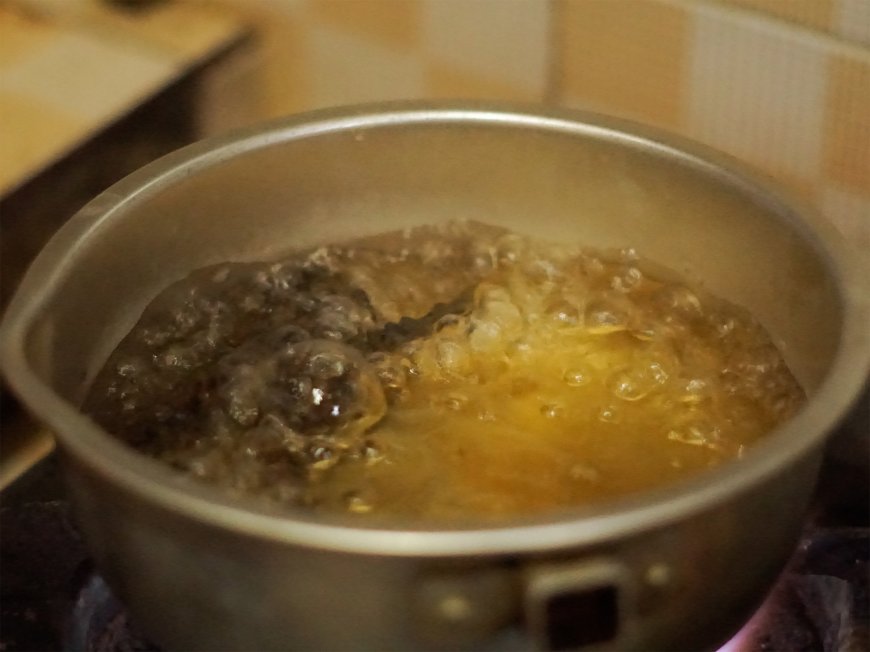
The Process of Making Antawali Jamu Potion is Simple (Photo Source: Author's Collection)
To get the health benefits of Antawali, we can easily make a simple herbal concoction at home. To prepare this potion, we need ingredients that are easy to find, namely 5 grams of Brotowali stems, 3 grams of sambiloto, 5 grams of cat's whiskers, and 110 ml of water. The first step is to thoroughly wash all materials with running water to ensure cleanliness and safety. Next, boil the ingredients using boiling water. Once cooked, turn off the stove and strain the water to separate the residue of the ingredients. This prepared Antawali herbal concoction can be served and consumed twice a day. This simple process makes it easy for us to integrate the benefits of Antawali into our daily routines, making health more naturally maintained. Keep in mind to always consult with a health expert before starting a herbal medicine consumption program, especially for those who have certain health conditions.




